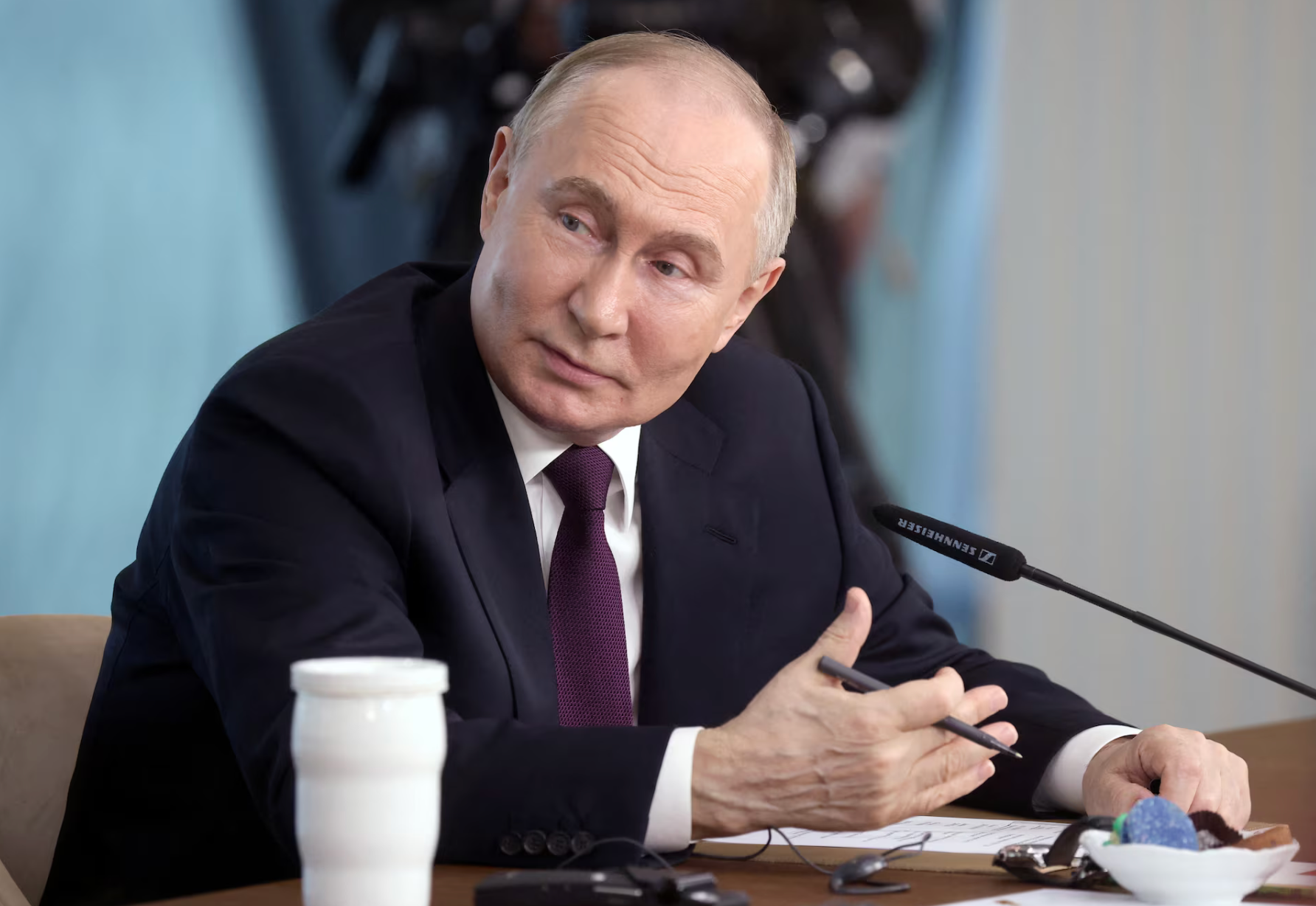Russian leaders know their country has a seriousdemographic problem. With a current population of about 146 million, Russia has seen that number shrink in recent years.
“Measures to increase the birthrate are a priority of the government and the president,” said a Kremlin spokesman recently. President Vladimir Putin declared 2024 the “Year of the Family” and is paying subsidies to Russian women who have three or more children.
The problem is an old one, but disease and war have given it new life. COVID killed more than 1.1 million Russians, according to independent sources, and the war in Ukraine has blown a much bigger hole in Russia’s working-age population. An estimated 150,000 Russians have died on the battlefield, and over a million more have fled the country since the invasion, either to avoid conscription or to find better job prospects.
About 1.26 million children were born in Russia in 2023. That’s the lowest total in a generation, according to the Russian government’s own stats. All these numbers compound the drop in births and life expectancy that followed the collapse of the Soviet Union. In fact, the only significant recent boost to Russia’s population came when it added 2.4 million people by invading and annexing Crimea.
The irony: Over time, demographic decline will become a serious drag on a Russian economy that’s now deeply dependent for productivity and growth on a war that’s killing so many young Russian men.
